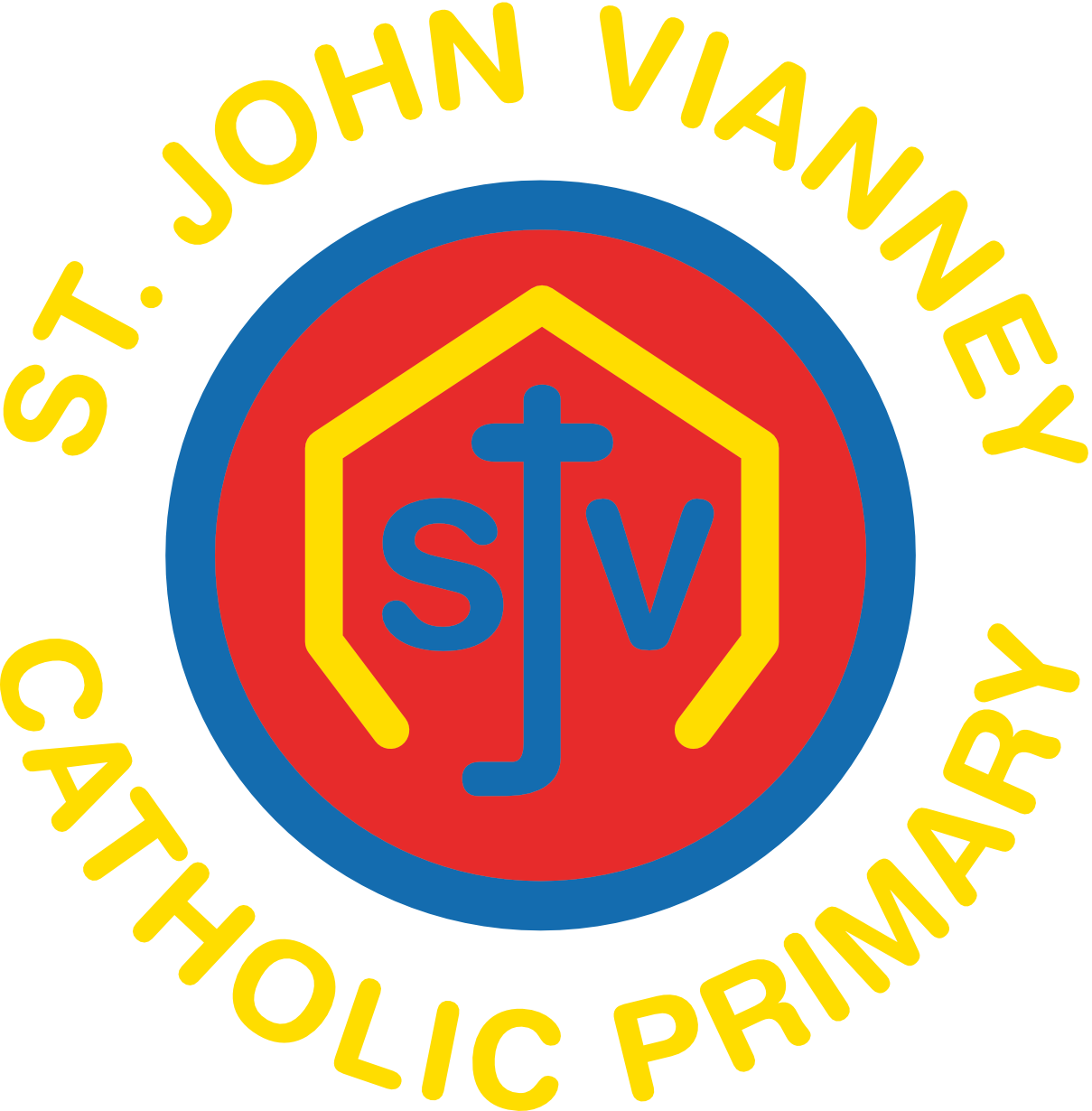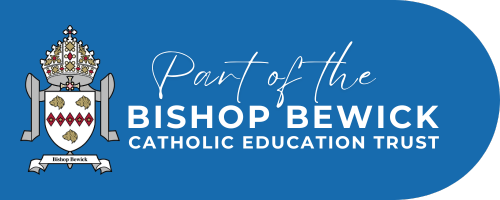
Music
Music
At St John Vianney Catholic Primary School, we endeavor to provide a broad and balanced curriculum which inspires and provides opportunities for success for all of our learners. Through our curriculum, we strive to create independent, curious, creative and critical thinkers, problem solvers and innovators. We aim to provide engaging learning opportunities that encourage our pupils to develop and fulfil their potential academically, socially, emotionally and spiritually. We strive to provide a range of activities and opportunities through a carefully sequenced and progressive curriculum in all subject disciplines, which fosters a passion for learning, stretching beyond the confines of primary school and creates lifelong learners. Our vision is that our curriculum will ignite passion, expand horizons and raise aspirations for all of our learners. We aim to equip our pupils with the knowledge and skills that will prepare them for the world of work in an ever-evolving landscape, and with the confidence, resilience and tolerance to live harmoniously with others.
INTENT:
A high-quality Music education should provide opportunities for all children to create, play, perform and enjoy music and to appreciate a variety of music styles. We aim for every child to leave St John Vianney Primary School with a range of musical skills, knowledge and an understanding and love of music which they can carry with them for the rest of their lives.
Our aims:
Children are engaged and motivated to deepen their knowledge in specific areas linked to the National Curriculum
Deepen children’s knowledge and understanding by planning extracurricular visits/ performance opportunities relating to music
Give every child the opportunity to experience enjoyment through a variety of musical activities and to respond to musical emotions
Develop a child’s understanding of music through these activities
Help children of all abilities develop positive attitudes and to experience success and satisfaction in music.
Develop social skills through co-operation with others in the shared experience of music making.
Develop an understanding of musical traditions and enhance performance skills by learning and performing music in a variety of cultures.
Give children the opportunity to perform music both vocally and with instruments
Encourage the children to explore a wide range of sounds
Give them the opportunity to compose music and express their ideas and feelings through music
Experience listening to music of a variety of styles and cultures
Develop a child’s appreciation of the richness of our musical heritage
Provide an array of performance opportunities so children can feel part of a community.
Encourage high standards in performance
Be motivated to enjoy and succeed in music
Encourage children to express ideas and opinions about music
Give each child the opportunity to develop their musical talents
Develop an appropriate vocabulary to help them understand and discuss their own work and that of others
IMPLEMENTATION:
Design and construct a varied and engaging long term plan that is ambitious and ensures the projects are linked to the National Curriculum but are also linked to the interests of the children in school.
We encourage children to participate in a variety of musical experiences through which we aim to build up the confidence of all children. Singing is an integral part of our school life and our teaching focuses on developing the children's ability to sing in tune, developing their expression and ability to listen to others Pupils’ understanding of music will be developed through activities which bring together the requirements of performing, composing, listening and appraising.
Children are taught to make music together with tuned and un-tuned instruments and to compose pieces. They are also taught to sing and play in time controlling the sound and pace. They are taught different ways to represent sounds graphically and symbolically.
National Curriculum
Key stage 1
Pupils should be taught to:
use their voices expressively and creatively by singing songs and speaking chants and rhymes
play tuned and untuned instruments musically
listen with concentration and understanding to a range of high-quality live and recorded music
experiment with, create, select and combine sounds using the inter-related dimensions of music.
Key stage 2
Pupils should be taught to sing and play musically with increasing confidence and control. They should develop an understanding of musical composition, organising and manipulating ideas within musical structures and reproducing sounds from aural memory.
Pupils should be taught to:
play and perform in solo and ensemble contexts, using their voices and playing musical instruments with increasing accuracy, fluency, control and expression
improvise and compose music for a range of purposes using the inter-related dimensions of music
listen with attention to detail and recall sounds with increasing aural memory
use and understand staff and other musical notations
appreciate and understand a wide range of high-quality live and recorded music drawn from different traditions and from great composers and musicians
develop an understanding of the history of music.
Planning
We ensure that there are opportunities for children of all abilities to develop their skills and knowledge in each project. Planning ensures progression throughout the scheme of work so that the children are increasingly challenged as they move up through the school. Long term planning is compiled across a whole school basis, which is determined by the requirements of the 2014 National Curriculum and the EYFS Curriculum. Planning is monitored by the Senior Team and the Music Champion.
IMPACT:
Children are engaged and motivated to learn developing their understanding further.
Cross curricular links are made and this, therefore, deepens the children’s knowledge.
Children understand that the presentation and quality of work is essential in all areas.
Children will enjoy and appreciate a wide variety of musical styles.
Children will explore how sounds are made, and how music is produced by a variety of instruments.
Children will develop imagination and creativity.
Children will build a sense of pulse and rhythm.
Children will understand a range of musical vocabulary.
Children will develop the interrelated skills of composition, improvisation, performance and appreciation.
Children will enjoy a wide range of songs and sing in tune.
Children will develop positive attitudes and to experience success and satisfaction in music.
CULTURAL CAPITAL:


